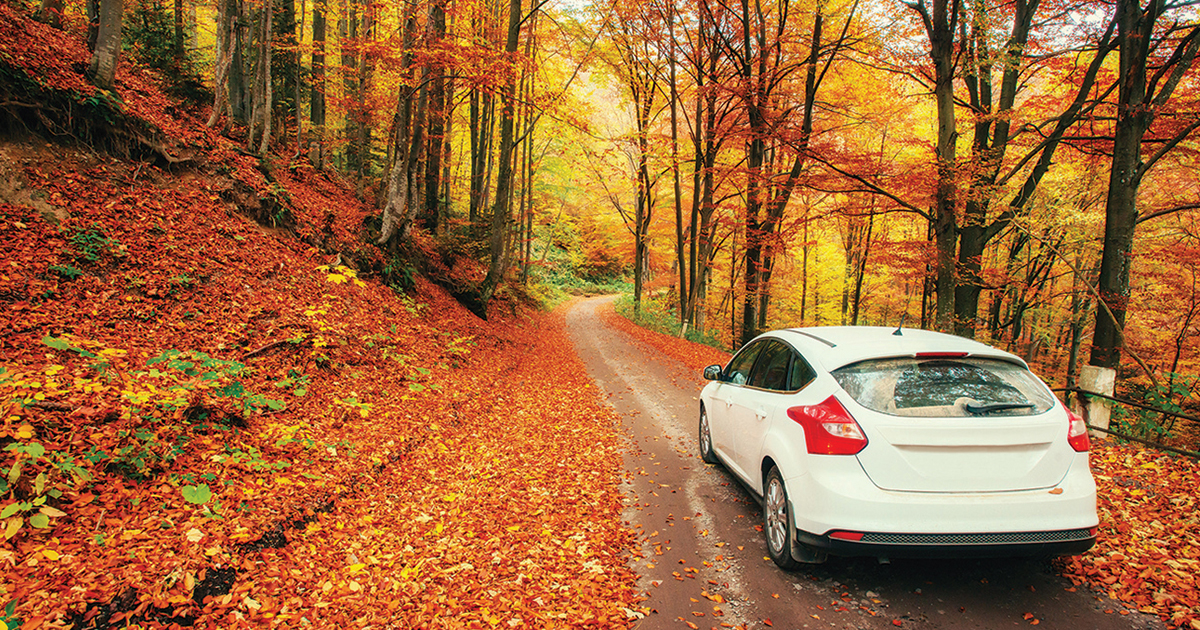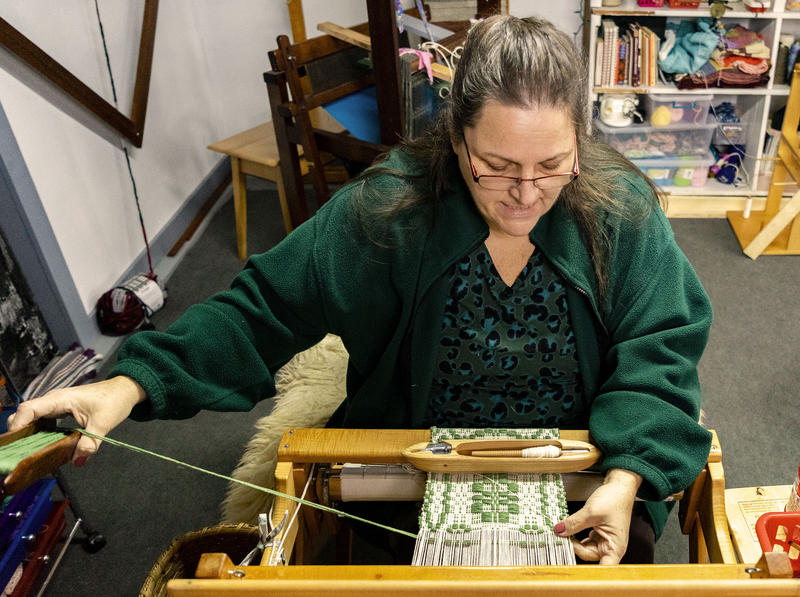The percentage of West Virginia adults aged 60 and older is growing more rapidly than any other part of the population. And most of them, like 91-year-old Paige Omohundro, want to stay home as they age.
Omohundro has lived in her modest two-story brick home for 54 years and wants to stay as long as possible. But she can barely handle steps these days — which is a big problem because once you get into her home you HAVE to climb stairs. The front door opens onto a small landing leading onto a split staircase. She said she’s thought about buying a stairlift, but would have to buy two — one for each side — and they’re expensive, costing more than one grand, sometimes several thousand, apiece.
“I just don’t go downstairs very much,” she said. “I go when I have to — my laundry room is down there. Usually when my daughter comes over, she’ll carry my laundry down for me or bring it back up, so that’s a big help.”
But staying in her home is vital to her sense of well-being.
“I guess I’ve always been independent, and I do not want to go into a nursing home or anything like that unless I absolutely have to,” she said. “You lose [independence] when you have to go live in assisted living or a nursing home and that would be hard for me.”
But is staying home the best option for older adults? Well, we actually don’t know.
A 2017 review of aging-in-place literature in the journal Social Work Research found that there isn’t much analytical research about whether aging-in-place is better than, say, moving to a retirement community and adapting. Another review published in 2017 found the same.
Anecdotally…it depends.
“Philosophically, it’s a question about balancing independence or autonomy and safety,” said Ginnie Prater, a geriatrician at the University of Alabama at Birmingham. Prater said older adults like Paige often want to stay home, while their families want to move them to a facility, citing safety concerns.
“In general, if a person is able to care for themselves or arrange for an alternative — say, family members or neighbors who can come and check on them, or even pay sitter services, especially if they’re not required around the clock, just intermittently — those often are better choices than going to a long-term care arrangement,” Prater said.
But whether or not independence outweighs safety often comes down to resources, Prater added.
“If someone has enough resources, they can set up essentially a nursing home in their own home,” she said.
But most people don’t have those kind of resources, especially in Appalachia.There are some state resources to help, but the percentage of West Virginians aged 60 and older is growing faster than any other portion of the population. It’s a silver tsunami that may be already cresting. And yet, amidst the drug epidemic and foster care crisis, no one is really paying attention to it.
This article was originally published by West Virginia Public Broadcasting.



